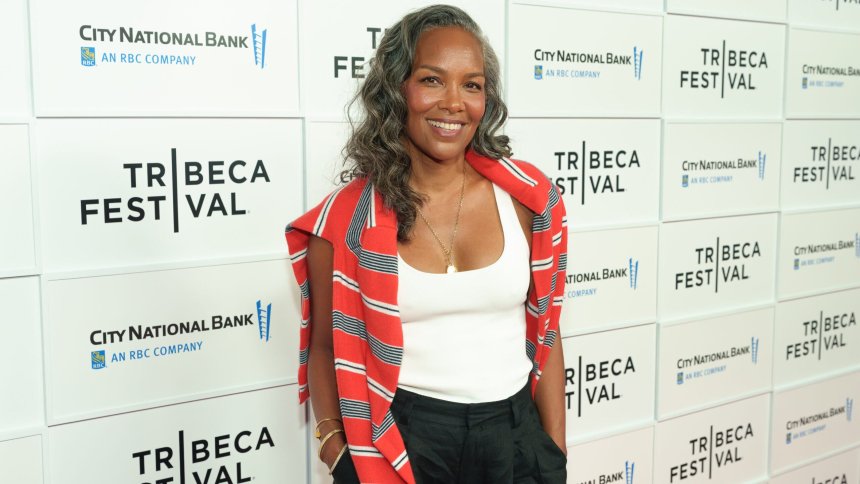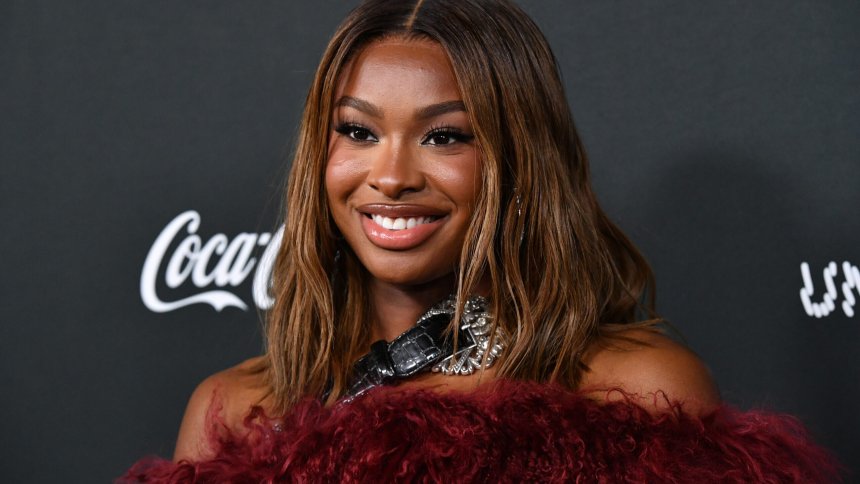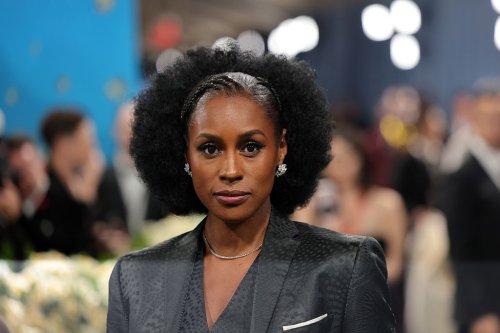Mara Brock Akil and Michelle Obama on why Black kids deserve to be crushed on
Mara Brock Akil opens up about parenting, first crushes, and how early affirmations of love shape Black children’s sense of

Mara Brock Akil opens up about parenting, first crushes, and how early affirmations of love shape Black children’s sense of self.
Do you remember your first crush? The feeling of butterflies in your stomach before even the most minute interaction. There is constant strategizing in your mind and with your friends about what you would do if they even just smiled at you—the never-ending daydreaming.
Now, think about the first time you learned someone had a crush on you. Depending on how old you were, the thought could have been absolutely repulsive or flattering. But regardless of whether or not the feelings were mutual, knowing that someone saw you romantically was and continues to be subconsciously validating, irrespective of whether you’re 13 or 33.
Mara Brock Akil, the mastermind behind the swoon-worthy shows like “Forever” and “Love is,” reflected on the importance of pre-teens and teens experiencing crushes and dating during an appearance on Michelle Obama and Craig Robinson’s “IMO” Podcast. Specifically reflecting on her experience raising her two sons, Yasin Ali Akil (21) and Nasir Lukmon Akil (16).
“I think [they] deserved to be felt crushed on and mutually felt. You know, you do the catch-ups with the [kids’] moms [and they’re like] ‘Oh, they’re on their third girlfriend. And I’m like, ‘Oh, wow, I haven’t had that. I haven’t had that experience,’ she told the co-hosts.
“There are a lot of young Black people [who] get into college, and they’ve never had a boyfriend or girlfriend. And a lot of that comes from being in white environments as black kids,” Michelle Obama noted.
And while that’s a very common experience for both Black girls and boys, Akil shared that she doesn’t think that it’s very healthy.
“Not to [feel] like someone even likes you, even if it’s for a week. There’s no memory of a mutual desire and how to negotiate those feelings, those conversations, those opportunities to come to mom or dad for advice or aunt and uncle or village,” she explained. “There’s no place for them even to practice those practices that we’re talking about.”
“I think there’s a time in which Black boys are really cute from kindergarten to fourth grade,” Akil added, referencing Dr. Jawanza Kunjufu’s book about this topic. “And [then] typically, society starts to pull away from them. Imagine being so cute and then suddenly so threatening. And as your body gets bigger, your physical self gets bigger. All the things that we’re still trying to work on in our country, that race, whether conscious or unconscious, [are] starting to form those ideas. If you’re crushing on someone, another step is a kiss. And we understand those ideas that are still embedded in our country.”
And while she doesn’t necessarily lead with these concerns when parenting, the screenwriter acknowledges the guilt that often resurfaces with the reality of raising Black kids in predominantly white schools.
As a parent, Akil explains how pivotal trips to Oak Bluff in Martha’s Vineyard became for her family, as they allowed her kids to see their community and be surrounded by people who look like them. And despite the social media discourse surrounding the historically Black neighborhood on the Vineyard, the television writer and producer showcases that magic in her hit show “Forever.” Beyond captivating the hearts and attention of viewers across generations, Akil shared that she hoped the hit show sparked conversations, especially amongst families.
“When I hear about families watching it together, I feel like it’s an opportunity not only to talk about sexual health, but to talk about their emotional health, to themselves, to their friend group, to their significant other, to their household,” she explained, noting that while it can be uncomfortable it can be something that can protect them in the future. “Yes, you should go through this rite of passage, but how do you get through it in a healthy way? I think the privilege and the joy is for it to happen while they’re under our roof, so that we can witness them. And not that we want our children to fall, but if they’re gonna fall, let them fall and come home.”
Crushes, as juvenile as they can feel, are a vital part of learning to feel, to be seen, and to navigate love. And as Akil models through her work and her parenting, crushes in all their awkward, tender and growing stages are things that households should teach kids to appropriately nurture and not fear.
Share
What's Your Reaction?
 Like
0
Like
0
 Dislike
0
Dislike
0
 Love
0
Love
0
 Funny
0
Funny
0
 Angry
0
Angry
0
 Sad
0
Sad
0
 Wow
0
Wow
0

















